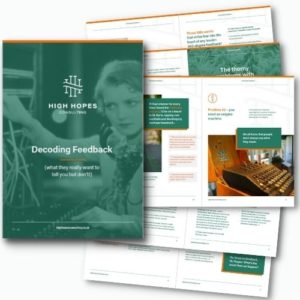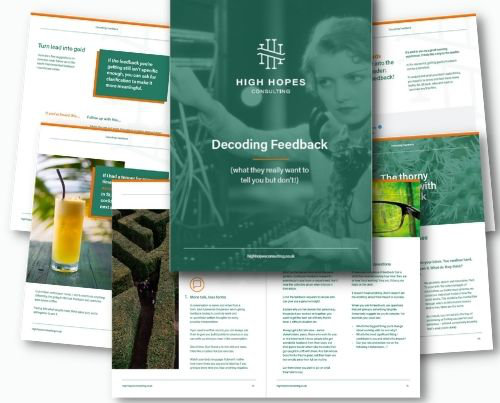Curiosity killed nobody – the cat’s fine!
Curiosity killed nobody – the cat’s fine!
Nicola Hopes

It might not surprise you to know that one of my most annoying habits as a child (I’m told there were several) was relentlessly asking why.
I didn’t accept anything on face value. And the arbitrary ‘because I said so’ was like a red rag to a bull to me.
Me: “But why do we have to stop playing on the swings?”
Mum: “Because we have to go home”.
Me: “Why do we have to go home now?”
Mum: “Because we have to make dinner and eat.”
Me: “Why do we have to have dinner? I’m not hungry yet.”
Mum: “Because it’s nice when we all eat together.”
Me: “But why do we have to eat together...?”
You get the picture.
A particularly embarrassing story is one of me sitting on a busy bus next to a nun – mum was sat on another row due to lack of space. I immediately turned and asked her why she had a strange hat on. Mum was mortified. Apparently, the nun was very kind and explained that it symbolised being a bride of Christ. Mum – sensing the 50 follow up questions now queueing in my brain – deftly managed to get to my seat and distract me with the promise of an ice cream within seconds.
It’s a genuine wonder I made it to a double-digit age without being somehow sedated.
But as adults we can forget the power of ‘why?’. When used in a more sophisticated and less downright irritating way of course…
‘Why’ could be the most helpful question you ask
Have you got stuck in a rut of thinking there’s only one way to lead, deliver to your stakeholders, negotiate a deal or attract customers?
Or are you guiding your team to do things the way you used to, without really stopping to consider the alternatives?
Social norms, a lack of time for reflection or not wanting to be seen as difficult, can all contribute to losing that inquisitive mindset. A mindset that would actually be helpful in solving today’s problems when applied as an adult.
To the delight (!) of those around me, my inquisitive trait has remained – with the addition of some helpful editing of course. Accepted wisdom is something I actively reject. I still don’t ‘accept’ things on face value and if nobody can convincingly explain the ‘wisdom’ that formed the view, I just can’t be persuaded.
And it’s not a unique perspective.
According to research published by the Harvard Business Review back in 2018 in a piece called ‘The Business Case for Curiosity’, curiosity can actually drive an organisation’s performance. It improves engagement and collaboration and inspires novel solutions.
They describe the change from childhood to adulthood where our natural curiosity gets discouraged in favour of compliance and falling into line.
So, how do you re-condition yourself and your colleagues to re-ignite that spirit of curiosity?
Get curious
In the HBR article, they go on to describe how to encourage curiosity by creating organisational rituals and structures where curiosity and innovation – even when it doesn’t work – are rewarded.
For example, the company Intuit has innovation awards that they give to people every year, and these are for ideas that led to some interesting new products or new processes.
They also have failure awards, and these go to ideas that didn’t lead to new products but led to important learning for the team. Would you believe, the failure awards even come with a failure party!
The clear message to their employees and collaborators is that intelligently exploring new ideas, even if it leads to short-term failure, is something that the company values.
But it takes a clear choice to do that.
Now is the time to make the most of that ‘back to school’ September feeling and use it to make some helpful waves.
What will you do today to be actively more curious? And what can you do this week to encourage curiosity in your organisation?
To quote renowned astrophysicist and author, Neil Degrasse Tyson “In the end, it’s the people who are curious who change the world”.
So, how are you going to change the world?

